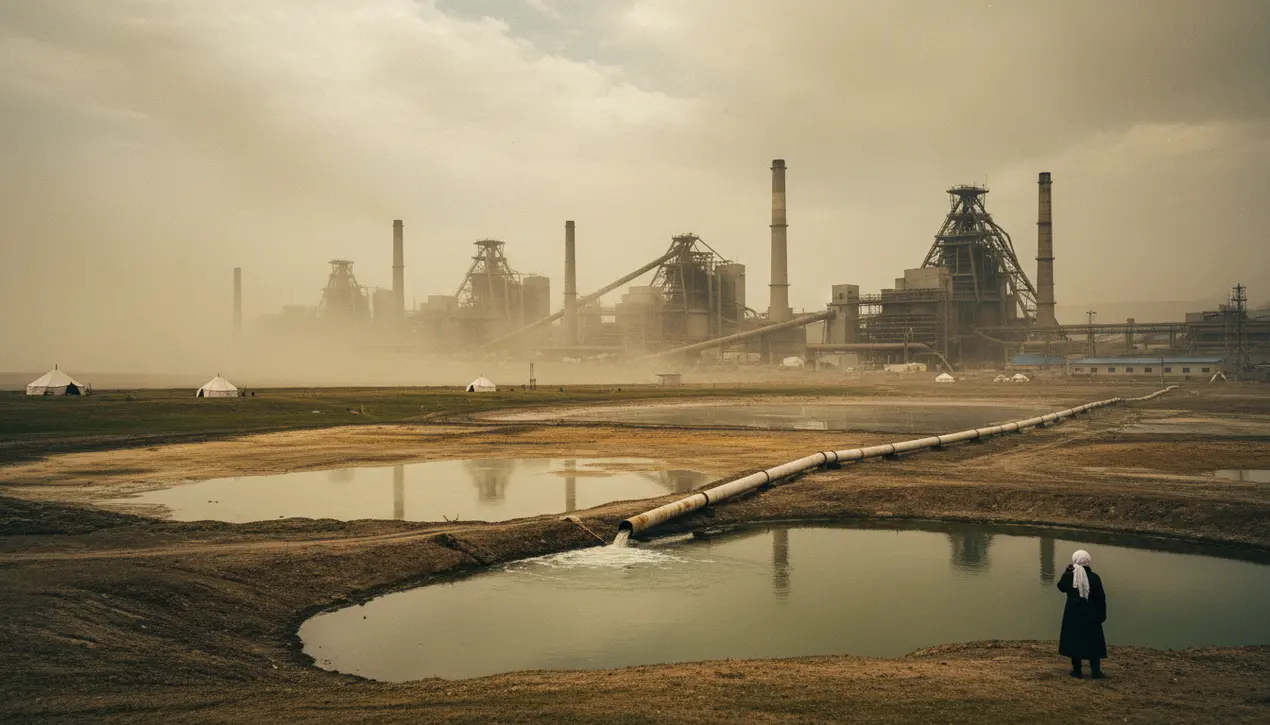
FinancecommoditiesIndustrial Metals
China's Baotou to Become Rare Earth Hub in 10-Year Plan.
RA
Rachel Adams
2 hours ago7 min read
The windswept plains of Inner Mongolia, a region already bearing the deep scars of intensive mining, are set to become the epicenter of a global technological race, as China formally declares its intent to transform the city of Baotou into the world's undisputed rare earth hub over the next decade. This isn't merely an industrial policy; it's a profound geological and geopolitical gambit, one that leverages the subterranean wealth of the Bayan Obo mine—a sprawling, multi-mineral complex often dubbed the 'Turkish Stone'—to cement national dominance over the materials that power our modern existence.From the faint hum of a smartphone to the robust magnets within electric vehicle motors and the precision guidance systems of advanced defense platforms, rare earth elements (REEs) like neodymium and dysprosium are the silent, indispensable cogs in the machinery of the 21st century, and China already commands a staggering 60% of global production and nearly 90% of refining capacity. The new ten-year plan for Inner Mongolia, couched in the paradoxical language of building a 'solid ecological security barrier,' underscores a critical tension that I, as a biologist, find particularly chilling: the immense environmental cost of this ambition.The extraction and processing of REEs are notoriously dirty, generating vast tailings ponds laden with radioactive thorium and uranium, and contaminating water tables with acids and heavy metals—a toxic legacy that the plan's vague ecological promises must urgently address, lest the pursuit of green technology abroad creates permanent brownfields at home. For the United States, Europe, and Japan, this development is a stark reminder of a strategic vulnerability they have struggled to mitigate since the 2010 crisis, when China temporarily restricted exports to Japan, sending global markets into a frenzy and exposing the world's dangerous dependency.While projects like the Mountain Pass mine in California and nascent recycling initiatives offer glimmers of an alternative supply chain, they remain fragmented and years behind the vertically integrated, state-supported behemoth China is now reinforcing. Analysts watching the situation closely suggest that Baotou's elevation is less about increasing raw output—which is already formidable—and more about consolidating the entire value chain, from mining and separation to the manufacturing of high-value permanent magnets and other finished components, thereby capturing maximum economic value and making it even more difficult for competitors to gain a foothold.The consequences ripple far beyond trade balances; they touch upon the very feasibility of the global energy transition, the balance of military power, and the health of the local Mongolian herders whose traditional grasslands have long been sacrificed on the altar of industrial progress. This calculated move by Beijing is a masterclass in leveraging natural resource endowment into long-term strategic influence, ensuring that for the foreseeable future, the pulse of the digital and green ages will continue to beat strongest in the shadow of Baotou's smelters, a sobering reality for a world trying to diversify its technological roots.
#featured
#rare earth elements
#China
#Inner Mongolia
#Baotou
#supply chain
#industrial metals
#mining
Stay Informed. Act Smarter.
Get weekly highlights, major headlines, and expert insights — then put your knowledge to work in our live prediction markets.
Related News
Comments
Loading comments...
© 2025 Outpoll Service LTD. All rights reserved.